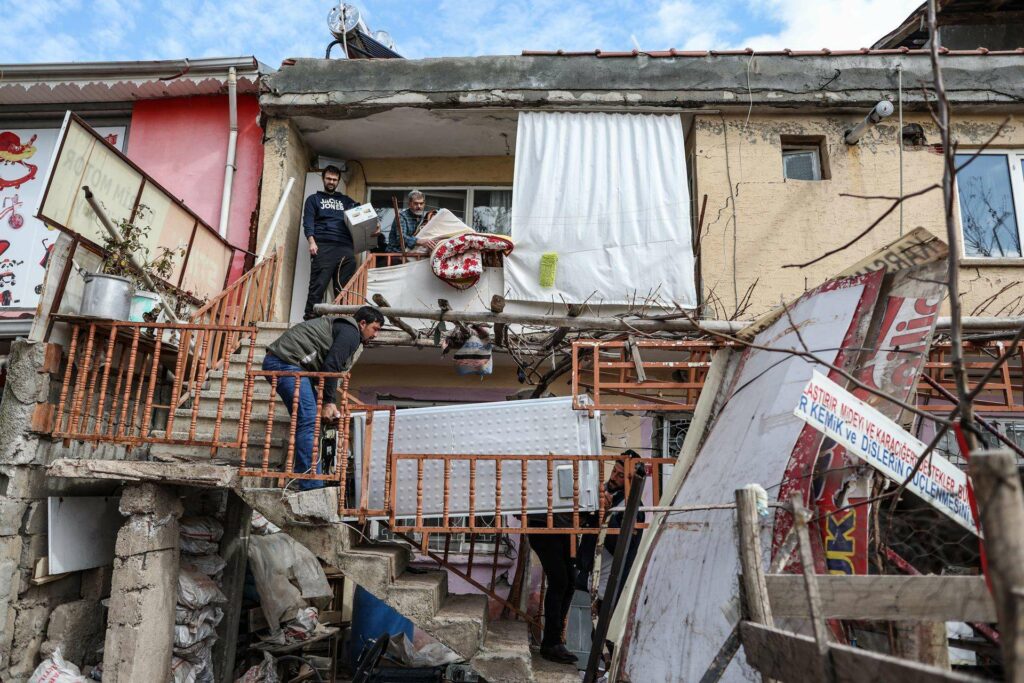2023 looks like a complex year, so much for the slowdown in economies globally such as high inflation. However, at the internal level, the change agenda for various sectors also generates pressure, according to five former finance ministers.
(See: Will the Colombia-Peru relationship be affected by the Petro veto?).
Portfolio consulted with Rudolf Hommes (1990-1994), Juan Camilo Restrepo (1998-2000), Juan Carlos Echeverry (2010-2012), Mauricio Cárdenas (2012-2018) and José Manuel Restrepo (2021-2022) about what are the main economic challenges they see for the country this year and what are the biggest challenges on the government’s economic agenda.
Among the issues they raised, although there is inflation, the need for the three reforms that will be processed this semester (health, labor and pension) “do not end up in their implementation destroying advances that Colombia has had”.
They also talked about the need to think about how to replace the export basket and take advantage of ‘reshoring’.
“If we talk about the economy, I think the main challenge is that we are not going to grow. We’re going to be stuck with inflation, but no one is worrying about growth. There is no voice calling attention to this, no one thinks about how we are going to grow, how we are going to change the export basket, how we speed up production or reduce the participation of the informal sector in the labor market. Those are the questions you have to ask. And in terms of reforms, what they are proposing are disasters. End the health system, end the pension system as it is and make another, and although we don’t know what that proposal will be like, it is already clear that they want to end the system. This does not favor anything and the confidence of consumers and investors is being affected”.
(See: Health reform: what Petro could do if they approve the project).
Rudolf Hommes.
“For this year I see that the economy will have to face three great challenges. In the first place there is inflation and everything that the increase in prices entails. Another issue that can be complex is the fact that the spending program proposed by the Government exceeds the fiscal possibilities, and finally, that erratic measures on public services and energy transition end up scaring away foreign investment. Those are the three great challenges that I see in the outlook for the country. To mitigate these risks, it is obvious what has to be done from the Government: better public management and less populism. It must be remembered that the State cannot do everything and that space must also be left for the private sector to act”.
(See: Ecopetrol’s plan if the Government decides not to do ‘fracking’).

Juan Camilo Restrepo.
“The main challenges are to stop getting into a new sector every day, affecting confidence, changing the rules of the game, enabling those who do not have a track record, technical knowledge or financial muscle as new key players. Also redefine priorities in the social reform agenda. If all three (work, health, pensions) were approved as they are, the economic strategy could collapse. We must take advantage of the tax bonanza to drastically reduce the fiscal deficit. The main business for the countries around the Caribbean Sea and the Gulf of Mexico is the reshoring of American companies returning from China. Colombia is letting that ship pass without boarding. Conclusion: with each passing week and each new announcement, the discomfort grows.
(See: What MinTIC says about other internet options in remote areas).

Juan Carlos Echeverry.
“Paradoxically, until very recently there was talk of global turbulence. Today I see the great challenges as internal, associated with the very uncertainties that we are going to generate ourselves through a very intense process of reforms. They are reforms that can improve things. No one disputes that health or job opportunities or having a pension must be improved, but these reforms would have to be the ones that really improve the functioning of the sectors and do not generate negative consequences. The focus is on the reformist agenda, because bad reforms can paralyze investment and have negative effects on the economy. The international environment is improving; It is not convenient for us to create gales internally”.
(See: There is a budget addition for $25.4 trillion: what will it be used for).

Mauricio Cardenas Santamaria.
“The main challenges facing the Government this year in economic matters are, first of all, stopping the inflationary scenario as soon as possible, to avoid a greater impact on poverty. Secondly, despite the slowdown, it is necessary to prevent this from becoming a recessionary scenario, and even less so from having an impact on job creation. All this occurs in the midst of two challenges: reduce the fiscal deficit and the current account, in a scenario in which financing is more expensive. The other thing is how to ensure that in an ambitious economic agenda, with a small amount of time to discuss these reforms, they all build on the advances that the country has had and do not end up in their implementation destroying the advances that Colombia has had”.
(See: Petro will regulate public services: here’s what it could do).

Jose Manuel Restrepo.
LAURA LUCIA BECERRA ELEJALDE
Journalist Portfolio















